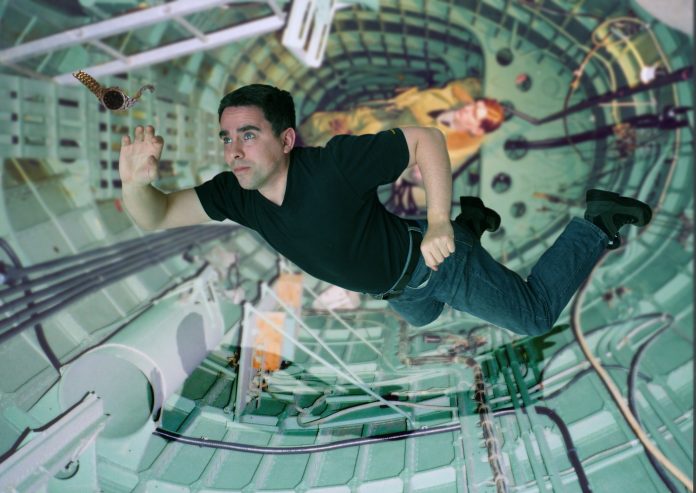Space travel’s impact on red blood cells and bone health is a growing concern. A study of 14 astronauts reveals that bone marrow fat might be vital to restoring these crucial elements
A recent study in Nature Communications highlights a groundbreaking discovery – space travel depletes red blood cells and bone health.
Still, upon returning to Earth, astronauts’ bodies use stored bone marrow fat to help regenerate these vital components.
This revelation could transform health prospects in space by utilising our home planet, Earth.
What is space anaemia?
Dr Guy Trudel, a respected rehabilitation physician and researcher, spearheaded this study. Earlier research from him unveiled that space travel triggers the destruction of 54 per cent more red blood cells than under terrestrial conditions, resulting in “space anaemia.”
This critical information emanates from the MARROW project, a pioneering initiative backed by the Canadian Space Agency to scrutinize bone marrow health and blood production in space.
Bone marrow fat’s role in red blood cells and bone health
Dr Trudel’s team employed MRI scans to delve into the bone marrow of astronauts before and after a six-month International Space Station mission. Their findings showcased a 4.2 per cent reduction in bone marrow fat about a month after reentry.
This decrease was closely linked to a simultaneous surge in red blood cell production and bone restoration.
The correlation between bone marrow fat, red blood cell generation, and bone rebuilding emerges as a crucial revelation.
Dr Trudel explains that since red blood cells and bone cells are produced in the bone marrow’s vicinity, the body taps into local bone marrow fat for energy to facilitate these processes. This insight holds promise for future clinical applications on Earth.
Astronauts may harness energy in bone marrow fat
The research also highlights that younger astronauts may be able to harness the energy stored in bone marrow fat. Surprisingly, female astronauts experience a more substantial increase in this type of fat after a year in space. These nuances hint at the complex interplay of factors in maintaining health in microgravity.
From tackling Space anemia to solving earthly challenges
Dr Trudel, primarily focused on rehabilitating anaemic patients, envisions broader implications for his findings. His patients’ struggles with immobility-induced anaemia could be alleviated with new knowledge.
Furthermore, this research might offer insights into various terrestrial conditions, including osteoporosis, metabolic syndrome, ageing, and cancer, all combined with bone marrow fat variations.
Dr Trudel’s pioneering work in space anaemia was honoured with the 2023 Compelling Results Award for Human Health in Space, jointly conferred by NASA, the Center for the Advancement of Science in Space, and the American Astronautical Society.
This recognition underscores the significance of his research in advancing our understanding of human health beyond our planet.











